Why UI PG College
Why Us?
Why Choose University of Ibadan?
There are many reasons you need to consider the University of Ibadan for your postgraduate degree. Here are some key factors that make the University of Ibadan your compelling choice:
- Academic Excellence: The University of Ibadan is renowned for its academic excellence and is consistently ranked as one of the top universities in Nigeria and Africa. It has a long-standing reputation for producing highly skilled and knowledgeable graduates.
- Prestigious and Recognised: The university is recognised both nationally and internationally for its quality education and research contributions. A degree from the University of Ibadan carries prestige and can enhance your career prospects.
- Research Opportunities: The University of Ibadan is a research-intensive institution, providing ample opportunities for postgraduate students to engage in cutting-edge research. You will have access to state-of-the-art facilities, libraries, and research centers to support your academic pursuits.
- Expert Faculty: The university boasts a diverse and experienced faculty who are experts in their respective fields. They are dedicated to providing high-quality education, mentorship, and guidance to postgraduate students. We are endowed with over 650 outstanding and award-winning Professors.
- Broad Range of Programs: The University of Ibadan offers a wide range of postgraduate programs across various disciplines. Whether you are interested in humanities, sciences, social sciences, or professional fields, you are likely to find a program that aligns with your interests and career goals.
- Networking Opportunities: Studying at the University of Ibadan provides you with opportunities to connect and collaborate with fellow students, faculty members, and professionals in your field. This network can be valuable for future collaborations, job opportunities, and professional growth.
- Strong Alumni Network: The University of Ibadan has a vast and influential alumni network that extends across different industries and sectors. As a graduate of the university, you can benefit from this network, which can open doors to career opportunities and mentorship.
- Cultural and Social Environment: The university is located in Ibadan, a city known for its rich cultural heritage and vibrant social scene. You will have the opportunity to immerse yourself in the local culture, participate in extracurricular activities, and form lifelong friendships and networks.
- Scholarships and Funding: The University of Ibadan offers various scholarships, grants, and funding opportunities to support postgraduate students. These financial resources can help alleviate the burden of tuition fees and living expenses during your studies.
- Commitment to Ethical Values: The University of Ibadan upholds a strong commitment to ethical values, integrity, and social responsibility. As a student, you will be part of an institution that promotes ethical conduct, respect for diversity, and community engagement.
Ultimately, the decision to choose a University for your postgraduate degree should be based on factors such as the program offerings, research opportunities, faculty expertise, career prospects, and your personal goals and interests. The Postgraduate College, University of Ibadan has all these to offer and much more...
Past and Present Achievements
- Academic Excellence: The University of Ibadan is consistently ranked as one of the top universities in Nigeria and Africa. It has a strong reputation for academic excellence and has produced numerous distinguished alumni who have made significant contributions in various fields.
- Pioneering African University: The University of Ibadan holds the distinction of being the first university in Nigeria and one of the first in Africa. As a pioneering institution, it has played a crucial role in the development of higher education in Nigeria and has served as a model for other universities in the country.
- Research and Scholarship: The University of Ibadan has a strong research culture and has made significant contributions to knowledge across various disciplines. Its faculty members and research centers have been at the forefront of groundbreaking research, leading to advancements in fields such as medicine, agriculture, social sciences, humanities, and natural sciences.
- Distinguished Faculty: The university has attracted and retained exceptional faculty members who are experts in their respective fields. These faculty members have received international recognition for their research, publications, and contributions to academia.
- Alumni Achievements: The University of Ibadan has a large and influential alumni network that spans across different sectors and industries. Its alumni have excelled in various fields, including politics, business, academia, arts, literature, and public service. Many alumni have held prominent positions both nationally and internationally.
- Cultural and Intellectual Hub: The University of Ibadan has been a center for cultural and intellectual activities in Nigeria. It has hosted renowned scholars, artists, and intellectuals from around the world, fostering a vibrant intellectual community and promoting cultural exchange.
- Collaboration and Partnerships: The University of Ibadan has established collaborative partnerships with local and international institutions, promoting research collaborations, faculty and student exchange programs, and joint academic initiatives. These collaborations have contributed to the university's global reputation and facilitated knowledge sharing.
- Contribution to National Development: The University of Ibadan has played a pivotal role in the development of Nigeria. Through its research, academic programs, and community engagement, the university has contributed to finding solutions to societal challenges and has produced graduates who have made significant contributions to the country's development.
- Preservation of Cultural Heritage: The university has been involved in the preservation and promotion of Nigeria's rich cultural heritage. It houses the Institute of African Studies, which conducts research and documentation of African cultures and traditions, contributing to the preservation and understanding of Nigeria's diverse cultural heritage.
- Community Engagement: The University of Ibadan is actively engaged with the surrounding community, addressing local challenges and providing expertise and resources to support community development. It collaborates with local organizations, conducts outreach programs, and participates in community-based initiatives.
The University of Ibadan, established in 1948, has a rich history and has achieved several notable accomplishments throughout the years. Here are some of the past and present achievements of the University of Ibadan:
These achievements demonstrate the University of Ibadan's commitment to academic excellence, research, community engagement, and national development. The university continues to strive for excellence and contribute to knowledge creation and societal progress.
Our Expert(s)
Meet Some of Our Experts

Isaac Olawale Albert
Professor of African History, Peace and Conflict Studies
Isaac Olawale Albert is a Professor of African History, Peace and Conflict Studies and the pioneer Dean, Faculty of Multidisciplinary Studies, University of Ibadan. He is specialist in conflict analysis, peace process planning, implementation, and evaluation. He is a member of the National Standing Committee of Nigeria’s Tertiary Education Funds (TETFUND) on Research and Development (R&D); the Editor in Chief of the African Union’s African Journal on Terrorism; a Fellow of the Nigerian Academy of Letters; Fellow, Institute of Chartered Mediators and Conciliators (ICMC), Fellow of the Society for Peace Studies and Practice (SPSP) and Fellow, West Africa Peacebuilders (Accra, Ghana). He is a Full Member of the Chatham House London (113597); was a federal delegate to the 2014 Nigeria’s National Conference in Abuja and a member Presidential Committee on the Review of Nigeria’s Defence Policy (2014/15). His latest book (with Professors Badejo and Yahaya) is titled Mediating for peace in Africa: A Festrichft in honour of General Abdulsalami A. Abubakar (Ibadan: Bookcraft Africa, 2022).
View Profile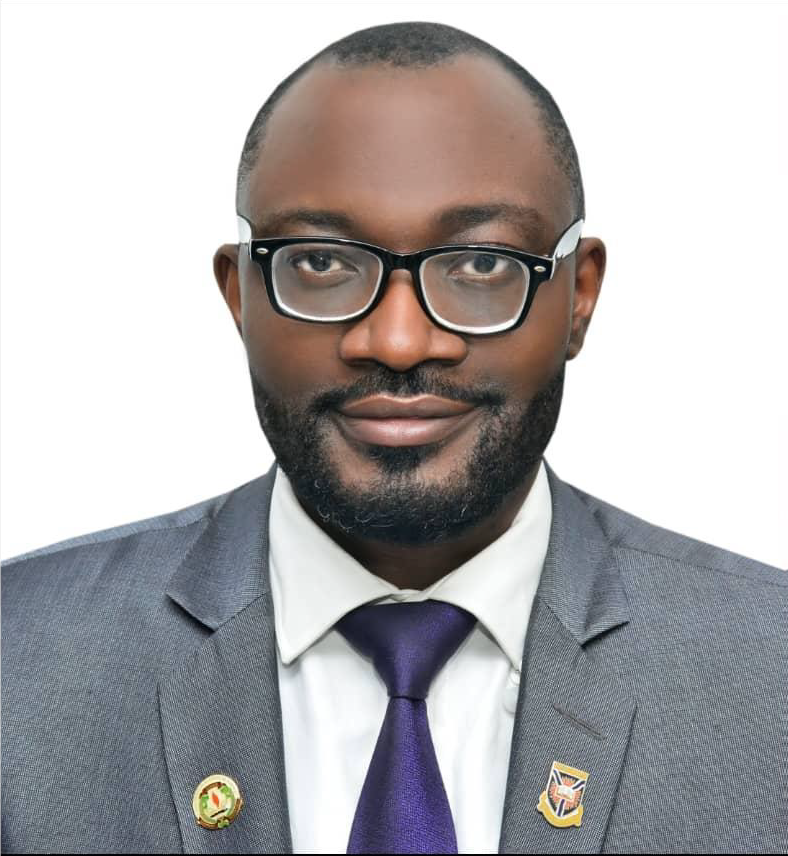
Professor Mayowa Owolabi MBBS, DrM, FMCP, FAAN, FRCP, FAS
Professor and Director, Center for Genomic and Precision Medicine
Mayowa OWOLABI DrM, FAS, is Professor and Director, Center for Genomic and Precision Medicine, University of Ibadan. He is an expert in brain health, global health, neurorehabilitation, implementation science and genomic epidemiology of hypertension, stroke, and other non-communicable diseases. He won the 2021 World Stroke Organization Global Award for Outstanding Contributions to Clinical Stroke Research. He has over 370 publications in peer-reviewed journals with h-index of 80 and over 111,000 citations. He is Lead Co-Chair, WSO-Lancet Commission on stroke and Member of the WHO Technical Action Group on NCD (Research and Innovation). He is a Fellow of several Academies of Science globally.
View Profile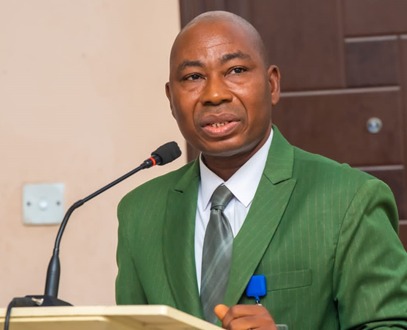
Professor Adekunle A. Bakare, FAS, FZSN
Professor of Cell and Molecular Biology
My field of research is Genetics, Cell and Molecular Biology. The primary focus has been on the genotoxicity and mutagenicity of xenobiotics, and the mechanism of DNA damage using in vitro and in vivo assays. We are investigating the anti-genotoxic and anti-carcinogenic properties of some medicinal plants with anti-malaria and anti-cancer properties. As an AvH George Forster Experienced Researcher Fellow, I engaged in an investigation of the molecular mechanisms underlying apoptosis induction and cell cycle modulation by isothiocyanates obtained from cruciferous vegetables in hepatocellular carcinoma and non-transformed liver cells. We studied the mechanisms using molecular genetics techniques and identified the resistance factors in Anopheles gambiae sensus lato and Anopheles funestus in Southwestern Nigeria and the Southern Benin Republic. We have also been examining the spatial variation in the gene frequencies, and polymorphisms of some traits in the Nigerians. These studies involve the capacity building of several generations of postgraduate students.
View Profile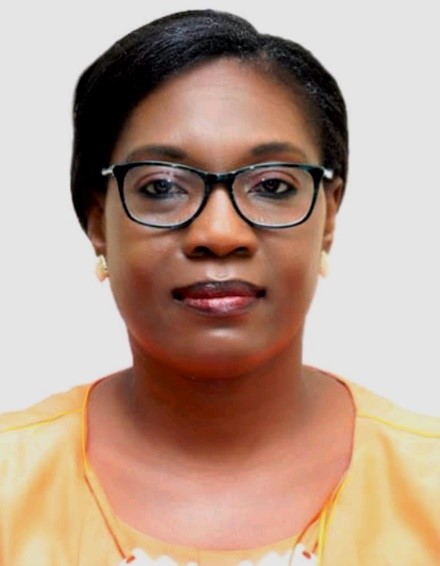
Professor Simisola Akintola (Ph.D),
Professor of Bioethics and Health Law
Professor Simisola Akintola (Ph.D), is a professor of Bioethics and Health Law at the Faculty of Law University of Ibadan. She is also a Faculty Member at the Centre for Bioethics, Akobo, Ibadan. Her research is motivated by the yawning gap between technology, medical science and the existing regulatory framework. Professor Akintola is involved in the advancement of knowledge in healthcare system and regulation. She has several peer-reviewed articles published in both local and international journals of repute. She participated in the development of the National Health Ethics Code for Nigeria, the Intellectual Property Policy of her institution and other policies within the institution and outside. She also served on the institutional review board of her university and the teaching hospital for years. Consistent in her research is the consideration of the peculiarity of the environment and people she advocates for.
View ProfileTechnical Facilities
Research Laboratory
Multidisciplinary Research Laboratory
Multidisciplinary Research Laboratory
HPLC
Feedback from our Students
At the heart of any thriving educational institution lies a deep commitment to the continuous improvement of teaching, learning, and the overall student experience. One invaluable tool that fuels this progress is the invaluable feedback provided by students themselves. By actively seeking and embracing student feedback, we create a collaborative and empowering environment where voices are heard, concerns are addressed, and positive change flourishes. We have embraced student feedbacks to cultivate a culture of inclusivity, where every student's perspective is valued and respected. Each individual's unique experiences and viewpoints contribute to a more comprehensive understanding of the educational landscape, paving the way for targeted and tailored enhancements by recognising that students are active participants in their own educational journeys, we honor their agency and empower them to shape their learning environment positively.
"I interacted with other scholars in the department who remodeled my academic orientation, particularly in the field of linguistics. Their motivations, coupled with my inclination to quest for advanced knowledge in the area of linguistics, made the univers"
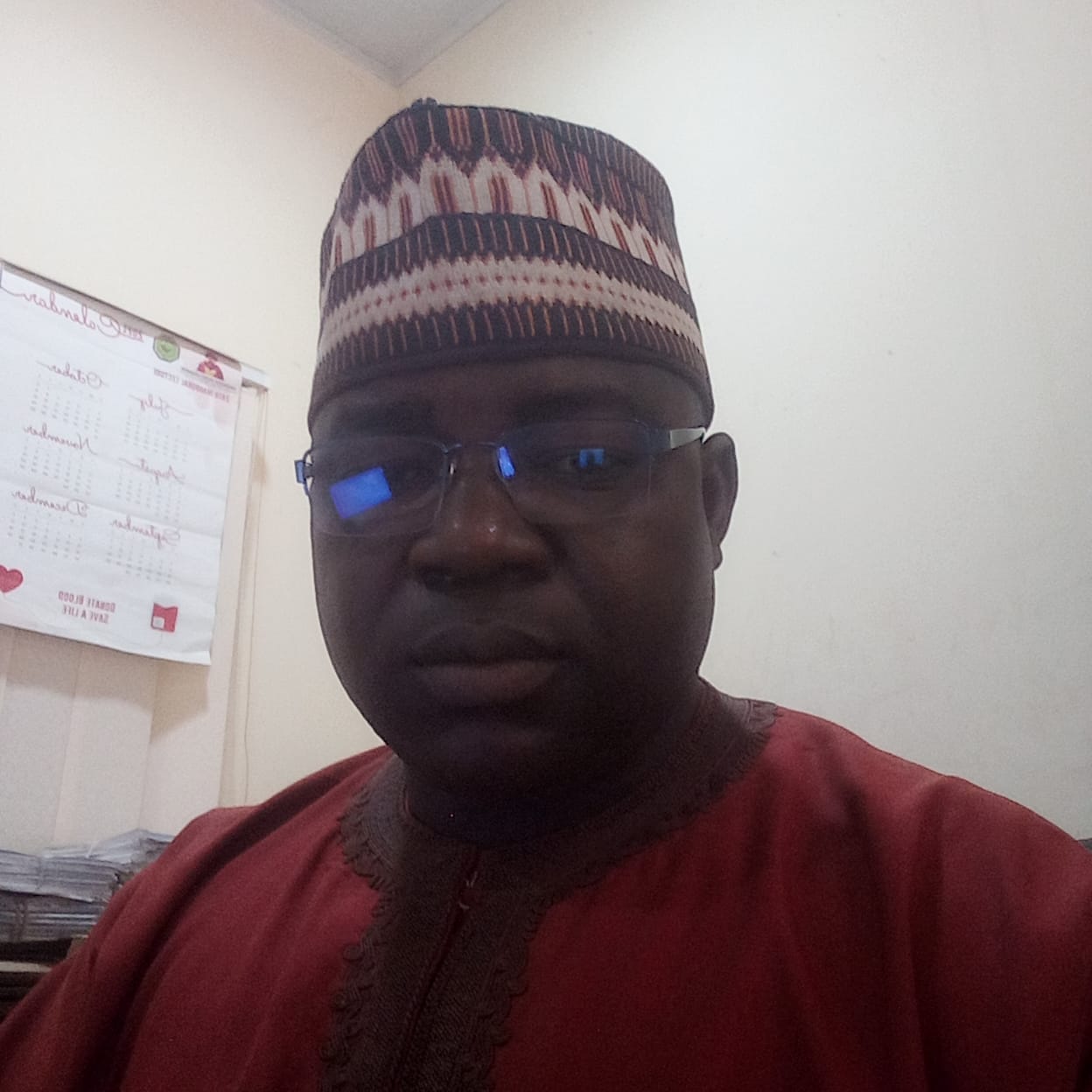
MY Ph.D EXPERIENCE
I begin this short piece with an appreciation to God, Who predestined my decision to go to University of Ibadan for my postgraduate education – a decision which consequently made me a Ph.D graduate of the university. I first joined UI in 2007 when I got admission for my Masters programme in the Department of Linguistics and African Languages in the 2007/2008 session and I completed the programme in 2010. My first academic interaction in the department was with Professor (now Emeritus) B. O Elugbe who, at first instance, stimulated my inner spirit for acquiring quality knowledge and thereby became more motivated with the system of the University of Ibadan. Subsequently, I interacted with other scholars in the department who equally remodeled my academic orientation particularly in the field of linguistics. Their motivations, coupled with my inclination to quest for advanced knowledge in the area of linguistics, made the university terrain very comfortable and academically conducive for me.
Due to some circumstantial issues, I couldn’t proceed for my Ph.D programme until in 2016 when I was admitted for a full-time Ph.D in linguistics, with Phonology as my area of specialization. Consequently, I was supervised by two erudite scholars in phonology: Emeritus Professor B. O Elugbe (my supervisor) and Professor F. O Egbokhare (my co-supervisor). I never at once regretted being in UI since the time I joined the university because of the exposure and benefits I derived severally. Therefore, I cannot exhaustively state my overall experiences on UI in this short write-up but my straightforward position on UI is that the processes or stages involved in obtaining Ph.D degree in the university are consistently similar across all the faculties/colleges and departments. This situation makes UI very unique and standard, compared to many other universities within the continent of Africa.
Garba IBRAHIM, Ph.D
Department of Linguistics
Usmanu Danfodiyo University, Sokoto, Nigeria.
+234(0)803 380 0349
"Studying at UI afforded me the benefit of meeting and interacting with intelligent and well-educated scholars, a privilege that would scarcely have been possible if I had not been to the University of Ibadan."
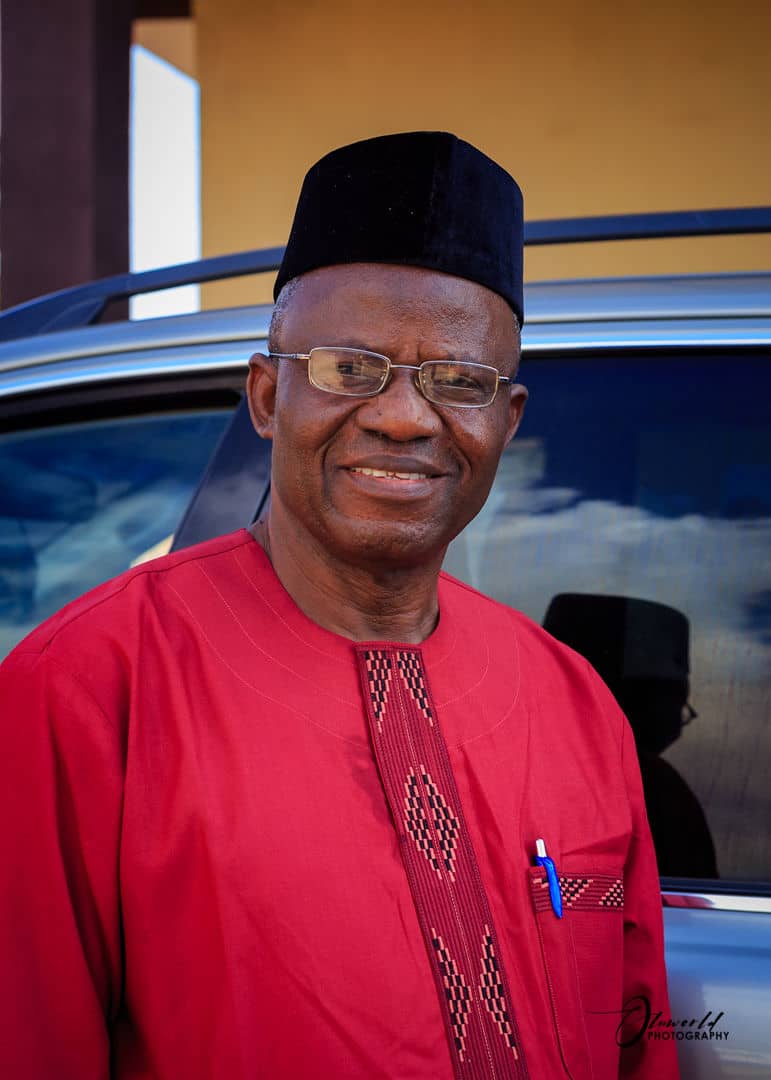
MY EXPERIENCE AND ACQUIRED KNOWLEDGE AS A MASTER'S STUDENT OF THE UNIVERSITY OF IBADAN
I registered as a master's student in the Department of Religious Studies, Faculty of Arts, at the University of Ibadan for the session 2020/2021, after my retirement from the pastoral office at age seventy. I then realized the quality and clarity of the statement: "A person who stops learning starts dying".
This new level of education has impacted me positively in several areas of life. My ability and confidence to handle matters have improved significantly through my return to the four walls of a classroom. My relationship and lifestyle have been enhanced in value and quality. I was greatly imparted in my academics; everyone in the class was my colleague. We shared views, discussed issues, talked about current affairs, and worked in groups, with age consideration pleasantly pushed to the background in classes and our interactions.
Studying at UI afforded me the benefit of meeting and interacting with intelligent and well-educated scholars, a privilege that would scarcely have been possible if I had not been to the University of Ibadan. Worthy of mention are these cream of intellectuals who played a significant role in my huge success. Professor J. K. Ayantayo, who supervised my thesis, Professor O. O. Familusi, our present HOD, Dr. P. O. Oke, and Professor S. Fatokun amongst many other wonderful intellectuals, who brought out in me a youthful mind and worked upon my personality through the knowledge imparted by my season lecturers.
I use this opportunity to sincerely thank the university community who admitted an old man like me into academia to have my mind expressed and aspirations fulfilled. I am praying to God to grant me the enablement to go further and beyond this level of education. I will encourage adults to return to school for more useful knowledge, If I am privileged to meet with them
OLATUNJI Michael Aremu
Faculty of Arts
Department of Religious Studies.